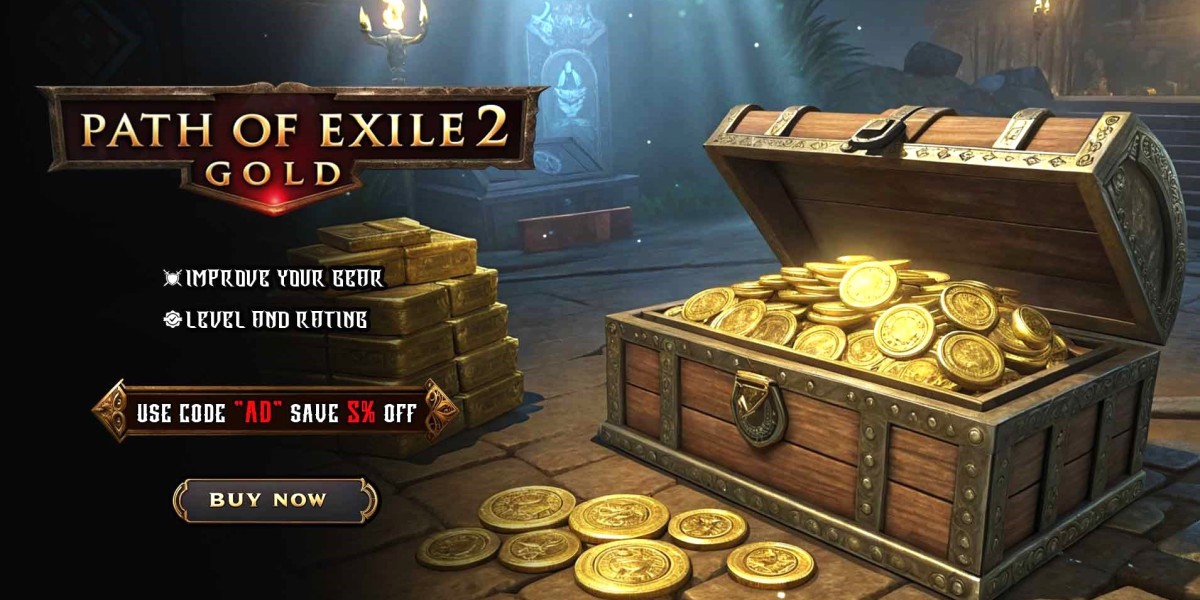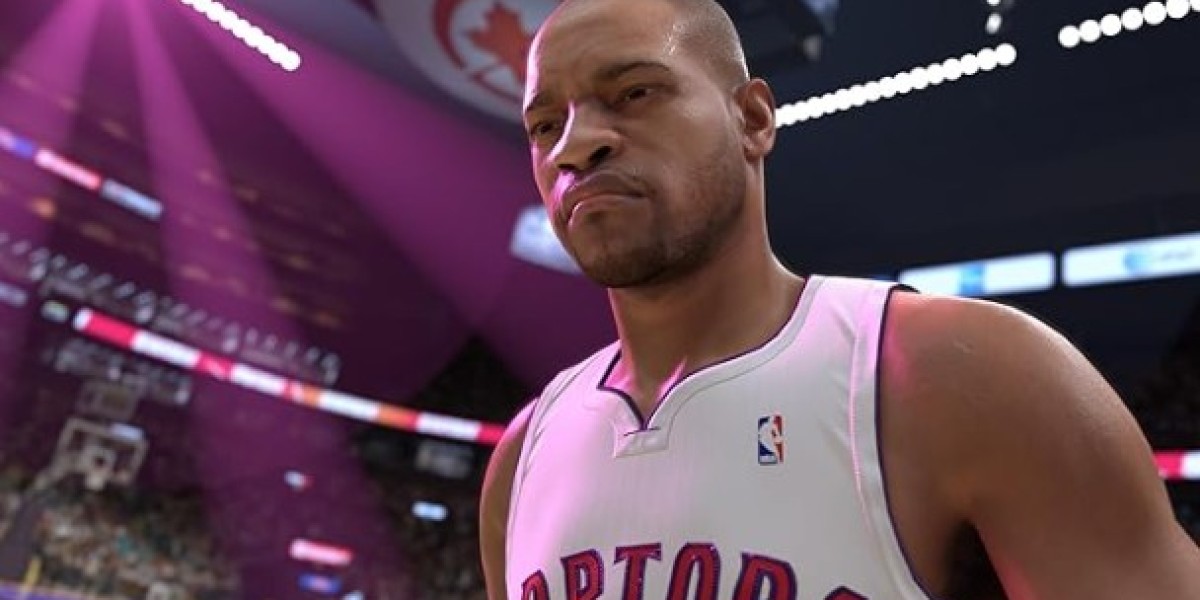The Concept of Shared Survival
In path of exile 2 Items, where individual progression often hinges on player wealth, gear, and strategy, a novel community-driven initiative has emerged under the name Universal Healthcare. This system proposes the formation of communal currency pools that cover the costs associated with player revives and gear repairs in high-stakes environments. The idea mirrors real-world health care models, aiming to ease the burdens of death penalties and equipment degradation by distributing the financial strain across a collective. Rather than letting one player suffer a significant setback, the community absorbs and offsets those costs together. This not only reduces frustration for newer or less well-equipped players but also redefines how resilience and mutual support operate in the game’s economy.
Structure and Functionality of Currency Pools
Currency pools are organized by guilds, public parties, or cooperative groups that agree to contribute a fixed percentage of their loot or earnings into a shared stash. This stash is then earmarked for emergency uses such as reviving fallen party members during difficult boss fights, repairing gear post-encounter, or helping underfunded players cover map fees and entrance costs to high-level content. Management of the pool typically falls to a rotating treasurer or shared vault system with transparent tracking of expenditures. Some groups even employ spreadsheets or in-game plugins to log contributions and disbursements. These efforts ensure that resources are fairly distributed and not exploited by freeloaders or mismanaged by leaders.
Impact on Group Dynamics and Inclusivity
The implementation of a Universal Healthcare model transforms how players interact in party-based content. Instead of operating as isolated individuals who must weigh every death against their personal currency loss, players are free to take risks, experiment with new strategies, and push limits knowing they have a financial safety net. This dramatically lowers the barrier to entry for casual players and encourages more cooperative behavior. Veteran players often find renewed purpose in mentoring and supporting teammates rather than competing for the top damage numbers or fastest clears. The shared burden of survival reinforces trust and loyalty within groups, deepening bonds and enhancing the social experience of POE 2.
Economic Balance and Strategic Trade-Offs
Though altruistic in spirit, Universal Healthcare systems must be carefully balanced to avoid undermining the game’s core risk-reward dynamic. If the currency pool is too large or freely accessible, it may dilute the sense of danger and consequence that makes POE’s combat thrilling. To prevent this, many groups impose limits on revive usage or require recipients to repay the pool after recovery through currency donations or crafting contributions. Others implement tiered support levels, where heavier aid is reserved for players who have consistently contributed or demonstrated active participation in group events. These measures preserve the challenge of the game while enabling collective economic resilience.
Developer Response and Future Possibilities
While Universal Healthcare began as a grassroots concept, it has garnered interest from both players and game designers. The idea that cooperation can extend beyond combat into resource management speaks to a broader potential in multiplayer design. Grinding Gear Games may consider introducing features that formalize this system, such as clan-managed stashes with revival tokens, guild-based insurance programs, or alliance-level repair subsidies. These additions would support organic player behavior while offering official tools to sustain and scale such efforts. As POE 2 continues to evolve, Universal Healthcare stands out as a pioneering experiment in shared economic safety that shifts the focus from individual grinding to collective endurance.







